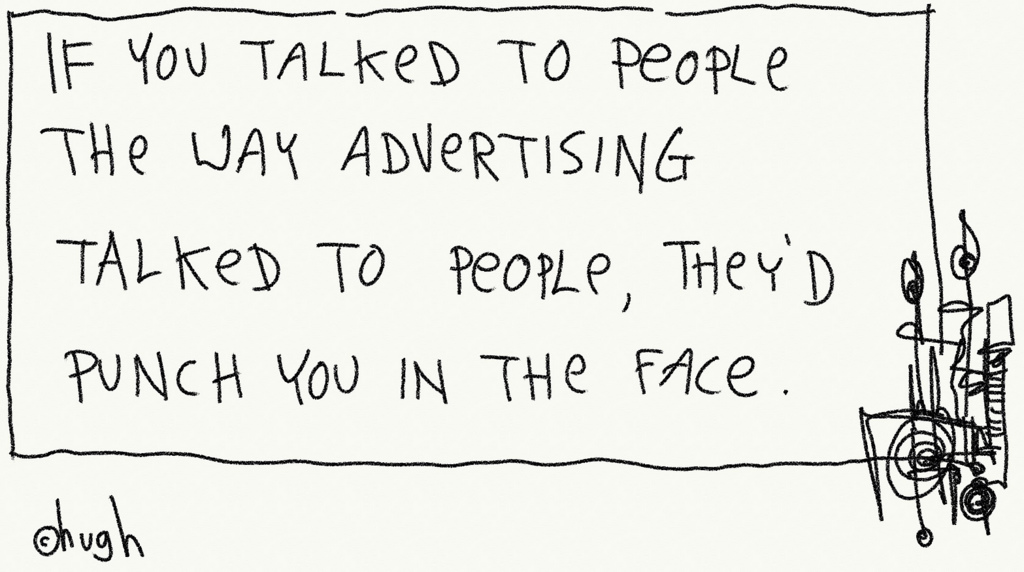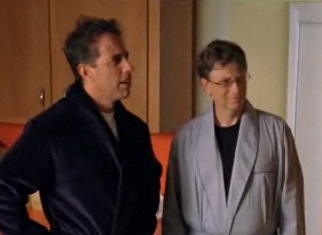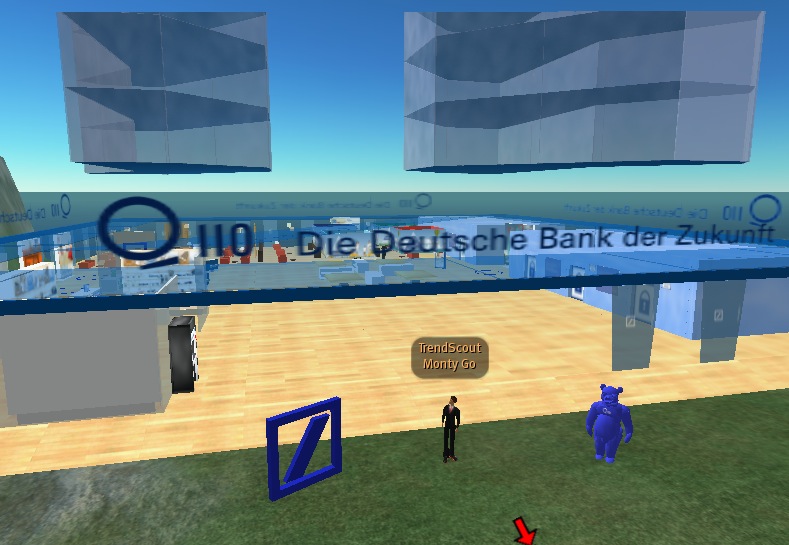Podcasting Killed the Radio StarÂ
Podcasting will soon break out of the “pod” and onto the public airwaves.
The world’s first all-podcast radio station will be launched on May 16 by Infinity Broadcasting, the radio division of Viacom.
Infinity plans to convert San Francisco’s 1550 KYCY, an AM station, to listener-submitted content. The station, previously devoted to a talk-radio format, will be renamed KYOURadio.
Infinity, one of the country’s largest radio operators with more than 183 stations around the country, will invite do-it-yourselfers to upload digital audio files for broadcast consideration by way of the KYOURadio.com website.
“I’m excited,” said Infinity Broadcasting CEO Joel Hollander. “We’re creating a new way to let a lot of people participate personally in radio — sharing their feelings on music, news, politics, whatever matters to them.
“I also think this is going to be a really interesting way to develop new talent,” he added.
The station’s producers will screen submitted content to ensure it meets quality standards and does not violate FCC broadcast guidelines. Approved podcasts will be simultaneously broadcast over the AM airwaves and streamed online at KYOURadio.com.
In addition to the newfound reach promised by radio broadcast, podcasters may be free to include in their podcasts some music from major record labels, Infinity said.
The company said it plans to cover the cost of music-licensing fees, which are prohibitively high for most individuals.
In part because of licensing requirements, which usually cover only broadcast and streaming, the company has no plans to provide downloadable program archives.
Infinity’s Hollander said the decision to launch the “open-source radio” experiment came partly because the San Francisco station’s current format has not been a great financial success.
“This switch won’t be a big gamble for us monetarily, but it’s a potential home run,” said Hollander. “You have to make bets on new forms of technology — some work, some don’t. We’re making a bet that this might become the way people want to communicate.”
Podcasting, a term that combines references to broadcasting and to Apple’s iPod, is a method of online audio distribution that has become increasingly popular of late. Digital sound files are uploaded to a website, and listeners subscribe to automatically load files onto a portable player as they’re made available.
Podcasts consist of any imaginable form of audio content, from spoken-word programs by bloggers to shows made by professional radio organizations.
The company’s podcast-to-broadcast announcement coincides with a flurry of similar, user-contributed projects, including former Vice President Al Gore’s Current TV cable channel; the Open Media Network launched this week by Netscape pioneers Mike Homer and Marc Andreessen; and the grass-roots media archive Ourmedia.org.
Hollander said Infinity does not plan to assert ownership claims on content submitted by podcasters, who will remain free to publish their podcasts on the internet — or anywhere else they choose.
“They can give it to us and give it to somebody else, because we’re not taking anything away from them,” Hollander said. “We’re just helping them reach a broader audience with our bandwidth.”
Hollander said Infinity has no immediate plans to launch similar podcast stations in other cities, or on other radio frequencies.
Unlike most commercial radio stations, KYOURadio will not follow a predictable programming schedule — at least not initially. Over time, Hollander expects programming schedules will evolve in response to listener feedback.
The station may shun schedules, but it’s not ditching advertising. Both the AM broadcast and the online stream will include ads.
Infinity said it may also launch a new advertising program before the end of 2005 that will allow marketers to place audio ads in podcasts elsewhere on the internet. The system would use podcast metatags to match a podcast’s audio content to corresponding ads, much like Google’s keyword-driven AdSense text ads.
Other related possibilities under review include selling podcasters access to radio spectrum, so that individuals or groups can become independent radio broadcasters.
Earlier this month, Infinity announced plans to offer “visual radio,” a service allowing listeners to tune in to FM radio over their mobile phones while receiving artist data and interactive services. Currently offered in Finland only, the system was developed by Nokia and will be hosted by Hewlett-Packard.


 Tokio Hotel did is first concert in New York City this evening.
Tokio Hotel did is first concert in New York City this evening.










